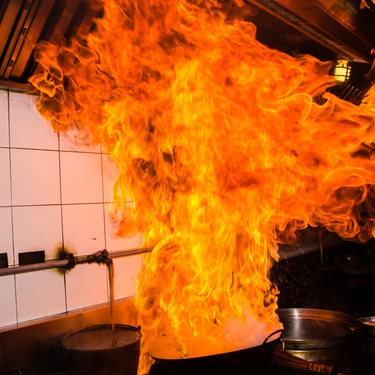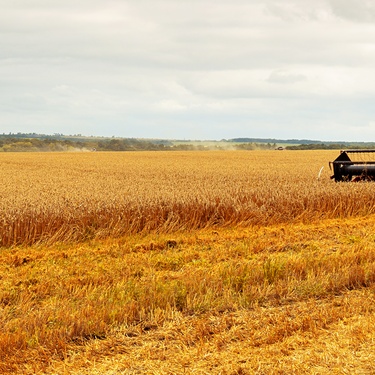
Running a commercial kitchen comes with numerous responsibilities, and fire safety ranks high on the list. Fires can cause significant damage, put lives at risk, and disrupt operations for weeks or months. By understanding the most common fire hazards, you can take practical steps to prevent them and keep your kitchen running smoothly. The following are five critical fire hazards that every commercial kitchen faces, along with effective ways to address them.
Grease Buildup
Cooking with oils and fats is a daily activity in most commercial kitchens. Over time, grease accumulates on surfaces like range hoods, ductwork, and even walls. This buildup becomes highly flammable and can easily ignite if exposed to heat or a flame.
Never overlook regular cleaning. Schedule frequent deep cleans, focusing on areas like exhaust systems, to prevent grease from becoming a fire hazard. Local fire codes often have specific guidelines for grease management, so adhering to these standards is crucial.
Faulty Electrical Wiring
Outdated or damaged wiring poses a significant risk of electrical fires. Commercial kitchens use multiple high-powered appliances that heavily rely on electricity. Overloading circuits or using poorly maintained wiring creates sparks or short circuits, which can escalate into fires.
Restaurant owners must regularly inspect their wiring and promptly replace any worn-out cords, outlets, or fuse boxes. Hiring licensed electricians for routine checks significantly reduces the risk and helps make sure all equipment functions safely.
Improper Storage of Flammable Materials
Storing flammable items too close to cooking equipment is a recipe for disaster. Heat sources like stoves or fryers can easily ignite these materials if they are not stored properly.
You should keep flammables in designated fire-safe storage cabinets, preferably in a different part of the kitchen. By identifying and reorganizing unsafe storage practices, kitchen staff can both reduce clutter and mitigate fire risks.
Unattended Cooking Equipment
A major cause of kitchen fires is leaving cooking equipment, such as ovens, fryers, or stovetops, unattended. A small flare-up can grow quickly when no one is around to control it. Staff should remain focused while cooking and avoid distractions that divert their attention from their assigned tasks.
Implementing strict protocols that discourage unattended cooking can stop dangerous situations from escalating. Even during busy hours, keeping a close eye on cooking equipment is a simple yet effective way to maintain fire safety.
Lack of Functional Fire Suppression Systems
No commercial kitchen should operate without a working fire suppression system. Fires can start unexpectedly, and suppression systems are the first line of defense in controlling and extinguishing them. These systems can detect heat and release chemicals to douse flames before they spread. Routine inspections should verify that all systems are functioning properly.
Additionally, all staff should know how to activate them manually when needed. Alongside suppression systems, restaurant owners should follow a fire safety checklist, which might also include keeping portable fire extinguishers within easy reach for smaller incidents.
Understanding fire hazards in commercial kitchens is just the first step. Taking actionable steps to address these risks meaningfully reduces the likelihood of a fire. Clean grease buildup regularly, inspect all appliances for electrical issues, manage storage responsibly, maintain constant supervision of cooking equipment, and prioritize the functionality of fire suppression systems. Take the next step by committing to regular fire prevention practices and cultivating a kitchen culture that prioritizes safety above all else.
Bio: Casey is a passionate copyeditor highly motivated to provide compelling SEO content in the digital marketing space. Her expertise includes a vast range of industries from highly technical, consumer, and lifestyle-based, with an emphasis on attention to detail and readability.

























